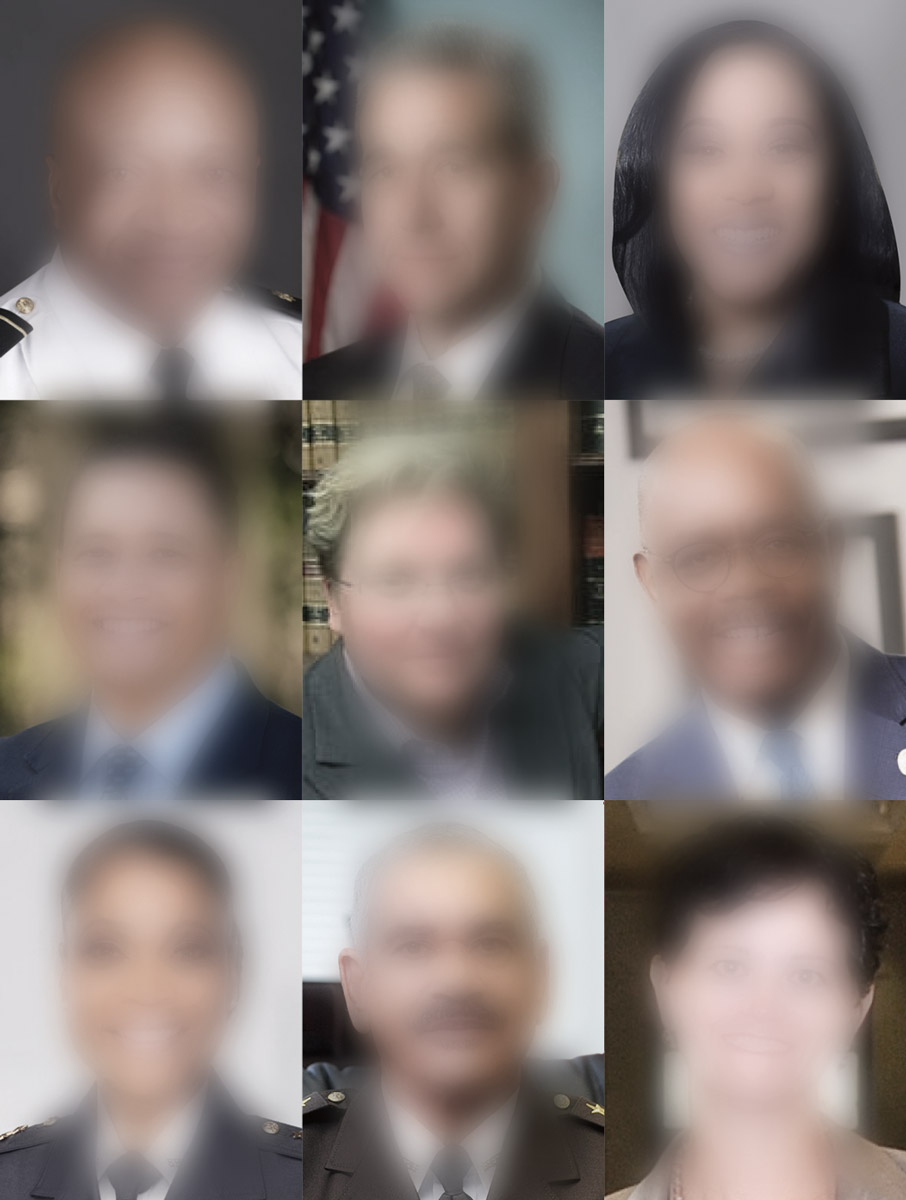
On her first day as a federal prosecutor, Alex Joseph sat in a downtown courtroom and watched as, one by one, 20 defendants in jail jumpsuits pleaded guilty within 20 minutes. More followed. The assembly-line approach to justice left her concerned and confused. “I said to myself, Something’s wrong here,” Joseph says. “This isn’t the America I was aware of growing up.”
Over the next five years, Joseph observed how prosecutors would “stack” charges to leverage plea deals and how underpaid and overworked public defenders would struggle to adequately represent multiple clients. She concluded that most guilty pleas were not truly voluntary but were coerced by deputy prosecutors. “It’s easy to look away,” says Joseph, who now works for Gray, Rust, St. Amand, Moffett, & Brieske. “But once anyone gets the smallest amount of knowledge about the system, you see it needs to change.”
Prosecutors and district attorneys have wide discretion over whether to pursue or dismiss charges—decisions which can be made to woo public opinion in election years. Municipal and county solicitors, who prosecute many of the so-called “quality of life” crimes, can decide whether a sex worker should sit in jail awaiting a court date or be connected with job placement, housing, and mental-health counseling. Sheriffs decide whether to detain undocumented immigrants and which services to provide in their county jails.
However, the average voter tends to focus more on personalities and less on policy, says Amy Steigerwalt, a political science professor at Georgia State University. And the dearth of easily accessible information about elected officials’ activities, aggravated by a dwindling number of local reporters monitoring their decisions, makes voting difficult even for well-informed voters like Steigerwalt, who found herself having to put in extra research on judicial races before filling out her ballot in the June primary.
On the same day Joseph left the U.S. Attorney’s office, she volunteered with the Democratic Party of Georgia’s DeKalb County chapter and, with the help of retired attorney and City Hall LGBTQ adviser Robin Shahar, started a voter-education effort inspired by a North Carolina group called Sheriffs for Trusting Communities. The 20-member working group evolved into Informed Georgians for Justice, a nonpartisan initiative created in partnership with the Georgia NAACP to provide voters with information on where more than 220 candidates in all 159 counties stand on progressive reforms such as accountability courts, eliminating cash bail, ending solitary confinement, and more.
Members interviewed 20 special-interest groups such as Asian Americans Advancing Justice and mental-health advocates to develop questionnaires tailored for each contest. IGFJ then emailed the questionnaires to every candidate twice and sent them one hard copy in the mail, then interns followed up with campaigns three times. In the days leading up to the June 6 primary, 10,000 people checked the website. Roughly a quarter of candidates responded, a statistic that disappointed the initiative. “To me a nonresponse is a response,” Joseph says. “They know these are out there and are choosing not to answer.” For candidates who missed (or outright ignored) the first round of questions, IGFJ is accepting questionnaires right up until Election Day.
A voter’s guide is not a silver bullet to fix the systemic issues that have sparked protests of thousands throughout Atlanta and across the country. But it can potentially help voters pick candidates and hold them accountable if they promise but fail to pursue reform, Joseph says. In the future, she adds, the group may post questionnaires for judicial races, another hard-to-follow office that has wide berth in sentencing. “What we’ve done in America is we’ve hidden the criminal-justice system,” Joseph says. “It operates in secrecy. If any regular person knew what was going on, they’d step up, too.”
This article appears in our August 2020 issue.














